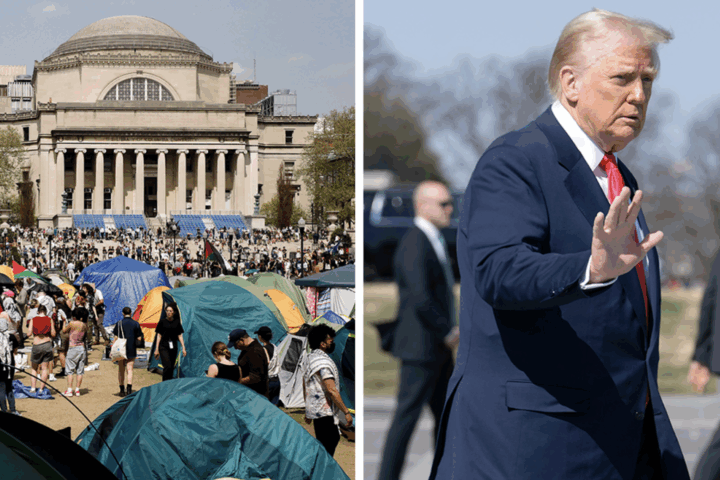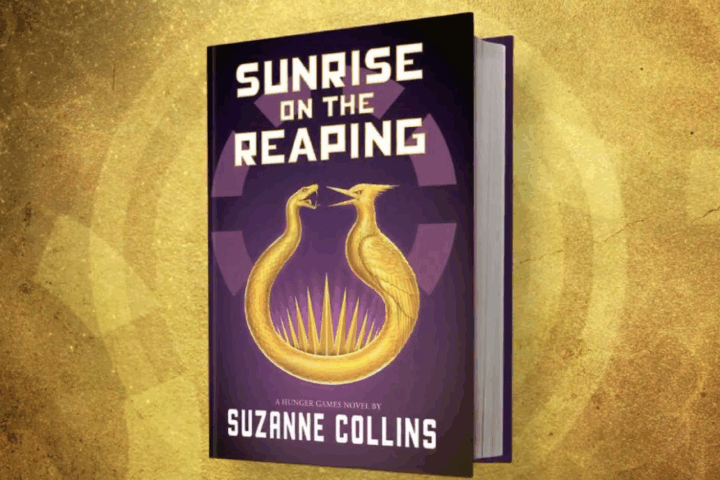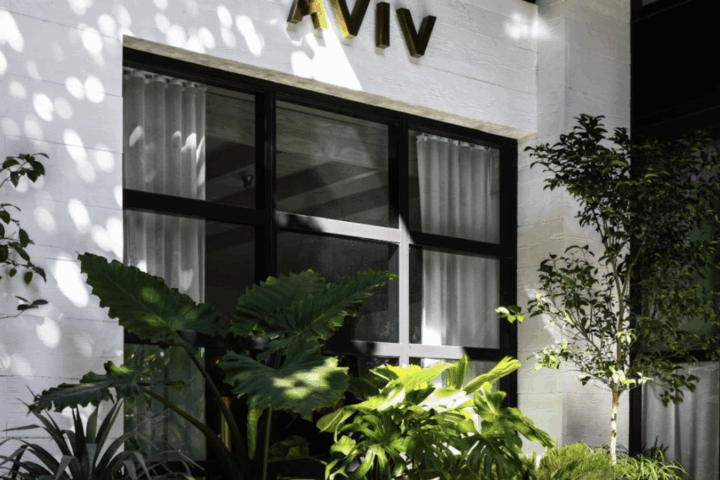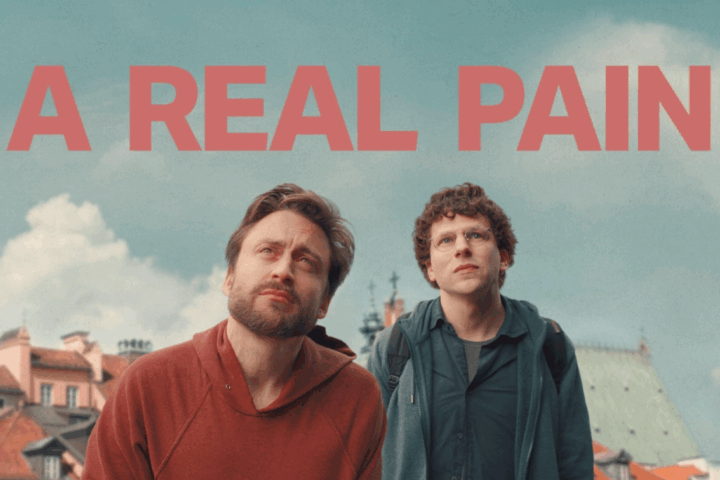photo credit: Izzy Casdin
I write this with gratitude for the recent piece remembering Pearl Harbor written by Sylvie Poisson and Molly Coulston which prompted the following ruminations. Their article is a brilliant exposition by two enormously talented young historians.
Pearl Harbor was a watershed moment and it still resonates with us today. It shifted us. If you watch Ken Burns’ documentary “the war” you get the sense that Pearl Harbor ends an era of innocence, or the illusion of innocence. Americans experienced it, and remember it in very personal terms, in the same ways they might recall where they were when John Fitzgerald Kennedy was killed, or where they were when the Twin Towers came down. The story always begins: it was a Sunday. It was a day of worship and a day of leisure. People were at mass or having lunch and the news came on the radio. It caught the nation off guard. It exposed that we were more fragile than we thought and we experienced it with our families. Somehow, in the national psyche, at that moment, America seemed like a small town and everyone seemed connected. Everyone was going to be in this thing—together. Pearl Harbor was about loss and we were all mourning. But we were also taking action.
America was overwhelmed because war had not been formally declared. That seemed unfair. It violated diplomatic protocols. But we were also overwhelmed because the Pearl Harbor strike was part of a larger simultaneous strike envisioned by Admiral Yamamoto that attacked Pearl Harbor, Wake Island, Guam, the Philippines and the Dutch and British East Indies. That surprise led to six months of military defeats. The American military, which had been on alert, had failed. military intelligence had failed. And with that died of our own myths about our invincibility. Myths already punctured by twelve years of the Great Depression. Could we prevent something like this from happening in the future?
The Pearl Harbor attack repudiated the years of isolationism practiced by the American public and Congress. Coming out of World War One the public was, from 1919-1941, disenchanted, war weary and anti-war; the war industries were condemned as profiteers; Americans didn’t want to prop up foreign colonial empires; there was strong anti-capitalist rhetoric and there was a depression going on—so—we should take care of ourselves first. President Roosevelt saw war clouds on the horizon–the consolidation of power by the Nazi party, the remilitarization of the Rhineland, the Italian invasion of Ethiopia, the civil war in Spain, the Japanese invasions of Manchuria, China and Viet nam, the German invasions of Poland, Denmark, Norway, Belgium, The Netherlands, France and the holding out of Great Britain. We would be protected by the oceans and our distance from events. And what the oceans couldn’t protect, The Neutrality Acts would. So, there is innocence here as well as denial. Roosevelt could build aircraft carriers and create “cash and carry” or “lend lease” policies and turn America into the “arsenal of democracy” but not a participant in the war because he didn’t have the votes. Pearl Harbor ended that. So Pearl Harbor becomes a portal to a terrifying new world.
There was the human scale too of the suffering. Young soldiers and sailors, civilians at rest, were caught off guard. The great wall of protective battleships was destroyed. The great wall of a segregated American military was also sinking. All the old assurances and verities were gone. Have you ever been to Pearl Harbor? stood at the Marine barracks above it? I did three years ago. It’s a tiny place with everything crammed together. That day it was a tight crowded killing zone.
Pearl Harbor also summons up those cultural moments that ask you to define yourself. “Remember Pearl Harbor”at first became a cry of revenge. It pulled together familiar racialized tropes. In the confusion, panic and prejudice, that spite and that desire for retribution turned into the internment of Japanese Americans, Issei and Nisei, on the West Coast of the United States and in parts of the continental United States. However, contained within that were seeds of change. State attorney general Earl Warren, who signed off on internment in California, would be haunted by his miscalculations and actions. I’m sure his later championing civil rights in the Supreme Court, when he became Chief Justice, grew out of his internal struggle and regrets. At the same time Hawaii’s civilian and military leaders refused to intern Japanese Americans in Hawaii. It was impractical. It was impossible. But the idea was also deplored.
There were these moments of awakening about race and racism, at home and abroad, that now became part of wartime propaganda as well as genuine ideals. The V for Victory against Fascism and Militarism abroad morphed into the Double V against Fascism and Racism at Home. Out of necessity racist barriers were coming down on the battlefield. Dorie Miller, an African American sailor, earns the Navy Cross because of his actions at Pearl Harbor. Daniel Inouye, a Hawaiian, a Nisei, of Japanese ancestry, will fight in the all Nisei 442nd Regimental Combat Team, would earn a Congressional Medal of Honor and would later become Senator Inouye of Hawaii. (The USS Daniel Inouye, a missile destroyer, made in the Bath shipyard, was commissioned within days of this year’s anniversary).There were the much decorated Tuskegee pilots who flew in North Africa, Italy and Germany. There were the cooks and teamsters who became infantry during the touch and go Battle of the Bulge. By 1948 the segregated American military was desegregated by Executive Order. All of this would have been in the consciousness of that post war civil rights movement. The experience of combat and leadership, a growing sense of entitlement, grand expectations about dismantling Jim Crow by court challenges and civil disobedience is directly connected to “concentration camps” at home and holocausts abroad.
It is the “surprise attack” that transforms us from an isolationist nation into a world power. It moved us from sitting on the sidelines in a war, really a series of wars, against fascism and militarism and racism, and, in so doing, it was a war that made us explore our own brutalities. If we were fighting against fascism, we could no longer act like fascists, and imperialists, and colonialists, white supremacists, anti-semites; we had to become more tolerant, equitable, democratic, inclusive, fair. So Pearl Harbor became a kind of portal to a more idealized version of ourselves. And we have miles to go.
Brava to our young writers
Bob Montera






